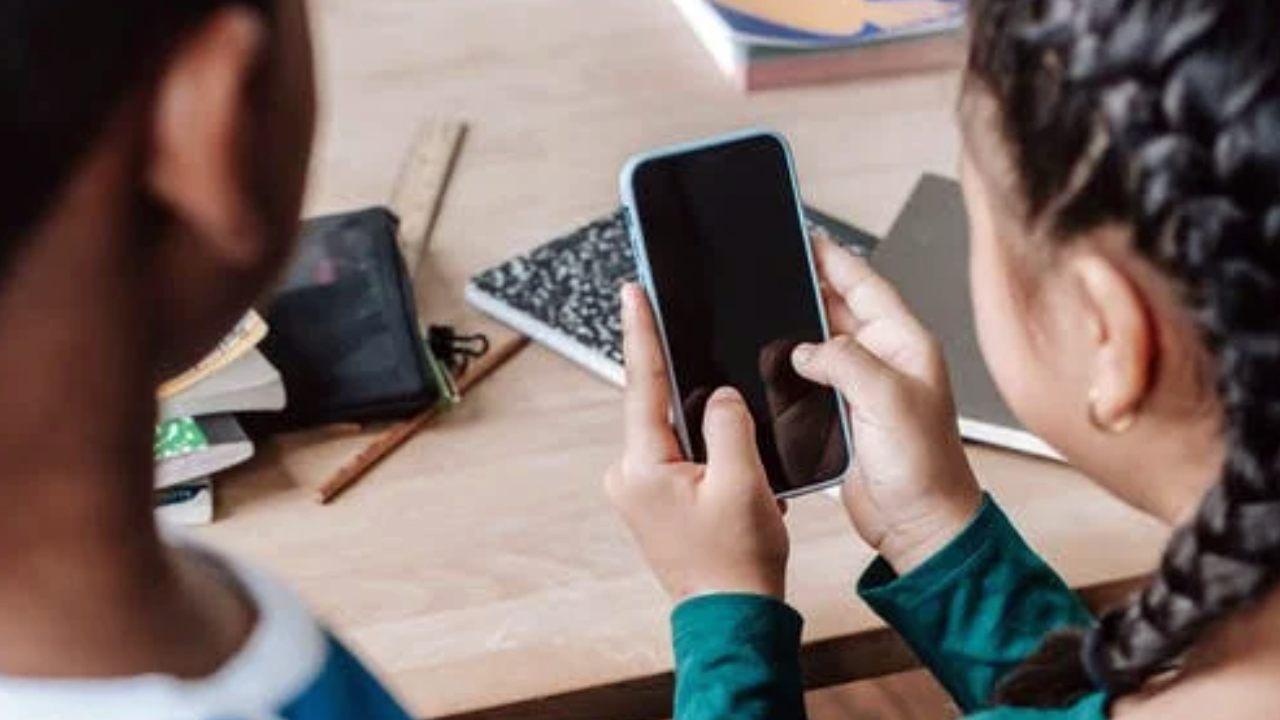The National Commission for Protection of Child Rights (NCPCR) believes that social media platforms present new challenges to the protection of children.
“Children are being manipulated on social media platforms, technically known as grooming and these agencies are not ready to cooperate. The government wants these companies to give parents the right to access to accounts of children on social media,” said Priyank Kanoongo, chairperson of NCPCR while talking to reporters.
Noting that the social media platform has chosen to remain ignorant of concerns such as phishing, grooming, cyberbullying, etc., he said: “We are not asking them to give the rights to strangers and therefore their dilly-dallying over engaging parents to monitor the social media use of their children is shocking and unacceptable.”
He asked the parents to be more vigilant about the online activities of their children.
“The world of the deep web and dark web is filthier than they can even comprehend. They must educate themselves to save their children from risks. We have had scores of examples, linking the allurement of young girls and boys on social media with trafficking networks,” he pointed out.
Citing an example, he said, “Recently, a young girl from Kolkata, who posted her songs on Instagram, was lured by someone posing as a music director. The girl was rescued from near Indore.”
Priyank Kanoongo also said that sexting and the exchange of self-shared pornographic material are emerging as the commonest crime.
Speaking about the achievements of NCPCR in recent years, Kanungo said, “Some of the few things which make my work extremely satisfying include being able to undertake a social audit of all child homes in the country. Then, the commission has been able to reunite over 1.45 lakh children with their own homes. We have been able to formulate a policy for street children and push for admission of children from economically weaker sections into schools.”


























